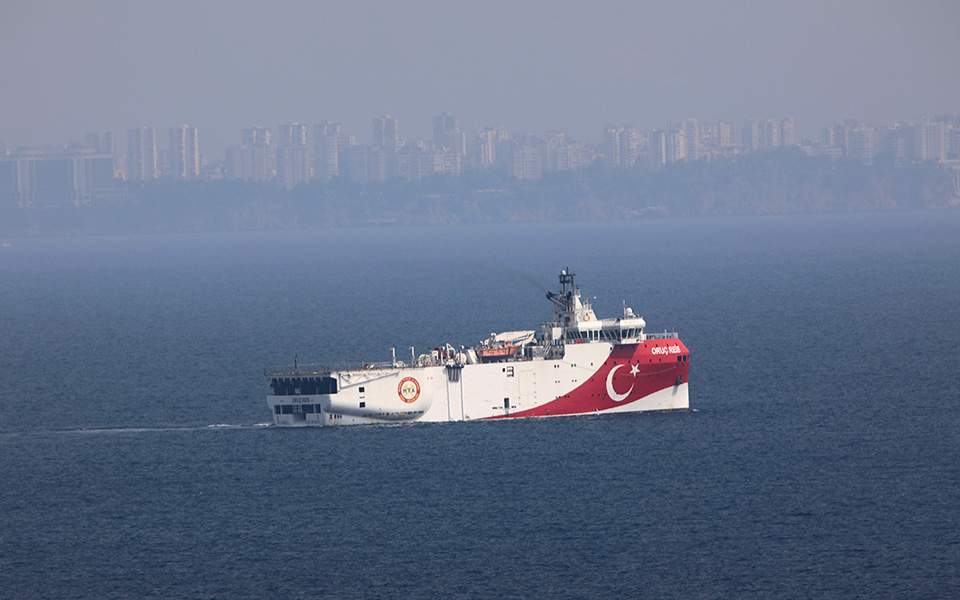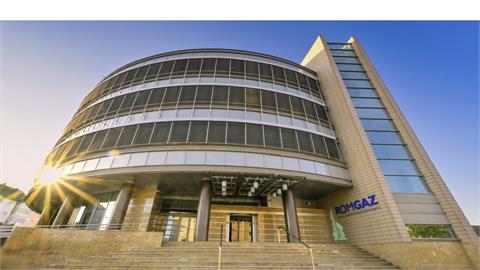By Angelos Syrigos* On September 22, Greece and Turkey announced that they would engage in exploratory talks. Turkish President Recep Tayyip Erdogan is unlikely to have seen this particular development as a desirable conclusion to the 35-days crisis in the Eastern Mediterranean for a number of reasons.
By Angelos Syrigos*
On September 22, Greece and Turkey announced that they would engage in exploratory talks. Turkish President Recep Tayyip Erdogan is unlikely to have seen this particular development as a desirable conclusion to the 35-days crisis in the Eastern Mediterranean for a number of reasons.
Maritime zones are the only topic on the agenda of the talks and Turkey is naturally seeking to expand their scope to, for example, its demand for the demilitarization of the islands of the eastern Aegean or its challenge of Greek sovereignty over certain island territories. The exploratory talks, moreover, have no deadline, similarly to the 60 rounds of talks in 2002 that led nowhere.
This already bad set of circumstances for Turkey was made even worse by the conclusions of the last European Council summit, which confirmed in Paragraph 16 that the exploratory talks would be aimed "at the delimitation of the continental shelf and exclusive economic zone of the two countries.”
Erdogan felt trapped by the restricted framework of the talks and the Oruc Reis’ recent foray back into the Eastern Mediterranean is an expression of his desire to redefine the terms of Greek-Turkish negotiations.
It was clear from the outset that the exploratory talks were a tactical maneuver on Turkey’s part. The departure of the Oruc Reis from the area was aimed at averting even worse conclusions at the upcoming European Union council and at buying time until the American elections. Turkey, however, continued its seismic surveys within Cyprus’ EEZ, confirming that events in Cyprus are not unrelated but are a herald of Turkey’s intent to make similar moves in Greek sea zones.
Another element that compelled Turkey to act as it did was Greece’s decision to bolster its defense capabilities. Turkey believes in the "Blue Homeland” doctrine, which is a catalyst for a confrontation, so it would be bizarre if Turkey were to wait for Greece to arm itself with Rafale fighter jets before moving to the next level.
Erdogan wants to believe that international reactions will be lackluster again, as they have been so far toward Turkey’s recent and constant violations of international law. This confidence does not just stem from the last European Council, where many member-states called for leniency and a more understanding attitude toward Turkey. There was also the reaction to Turkey’s involvement in the conflict between Azerbaijan and Armenia. Given the Armenian Genocide, the West’s tolerance has been scandalous. Would the West act as indifferently if Germany, for example, were to arm and guide a country like Iran against Israel?
The last indication of where Turkey is going was its decision to open the beach at Varosha in Cyprus. This blatant violation of United Nations decisions was met with surprise by the EU’s German presidency, which described it as a "completely unnecessary and provocative step.” Turkey had to announce that it had sent the Oruc Reis back out before the German foreign minister canceled a planned visit to Ankara.
Erdogan believes that the Greek government will snap under the pressure of the Oruc Reis conducting seismic surveys just outside the territorial waters of Kastellorizo. Athens’ response must again be twofold: a robust military presence, being prepared for an immediate military reaction if this becomes necessary, and an emphasis on diplomacy, first and foremost.
Turkey must finally be seen for what it really is: a threat to regional stability and security, similar to Germany in the interwar period. Greece is being called on to act as a buffer for Turkish aggression in the most critical episode of the Erdogan saga.
*Angelos Syrigos is a New Democracy MP and associate professor of international law and foreign policy at Athens’ Panteion University.
(Kathimerini 18 October 2020)




